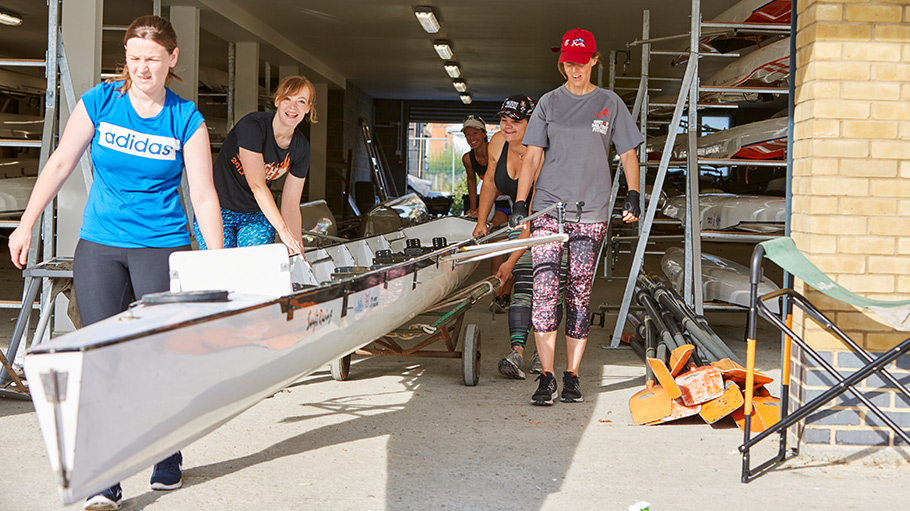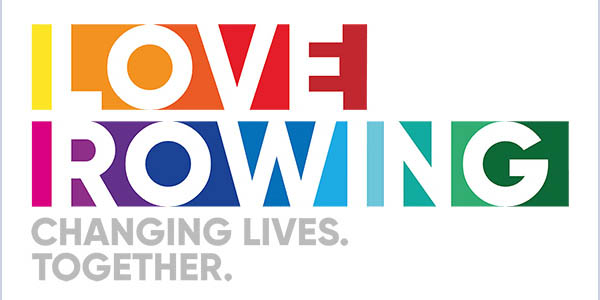Safety in Club Premises

Photo (c) Simon Way
In general, the Health and Safety at Work, etc. Act 1974, together with the regulations based on it, do not apply to amateur sports clubs except to the extent that the clubs are in control of premises. There are also requirements if the club has employees.
Anyone (including volunteers) with control of premises (e.g. a clubhouse), or equipment (e.g. boats) has a duty to ensure that the premises, and the equipment are safe for the persons using them so far as is reasonably practicable. RowSafe provides advice and guidance on the safety of boats and rowing.
The extent of a club’s legal duty will depend on the level of control it has over the premises and the type of equipment or substances used. For example, if a club owns or manages the premises, then it would be expected to keep the premises and any equipment in good repair. It would also be expected to take reasonable steps to check that equipment is safe to use.
There are requirements that apply to rowing clubs but it is important to keep these in proportion and not to over-react. Much of the guidance that follows is derived from the Health and Safety Executive website and hyperlinks are included, which lead to more extensive guidance.
This guidance is intended for the generality of rowing clubs but some large clubs, particularly those with employees and those that have complex risks to manage, may be required to adopt higher standards.
The guidance is based on the requirements of the criminal law (Acts, Regulations, etc.) but civil law should also be considered. Every organisation, including rowing clubs, owes a duty of care to people that can be harmed by its activities. Harm that results from a failure to fulfil this duty can result in a claim for compensation in the civil courts.
For a negligence claim to succeed, the injured person must show that the defendant had a duty to take reasonable care towards them, and they have suffered the injury through a breach of that duty. The injured person must also show that the type of loss or injury for which damages are being claimed was a foreseeable result of the breach of the duty and that they did not voluntarily accept that risk.
There is more information on the application of health and safety law and civil law here.
Clubs are advised to appoint someone who can advise then on the management of their premises. In most cases, it is expected that clubs will be able to find a member or volunteer to fulfil this role.
British Rowing provides guidance to clubs and their members but cannot define standards to be adopted. Each club should use its knowledge of its own situation, together with British Rowing’s guidance, to shape its own solutions.
Download Guide to Safety in Club Premises
Thank you to Stephen Worley, Honorary Rowing Safety Advisor for putting this guide together.
The information contained in these guides is accurate as at the date of publication and may be subject to change.



